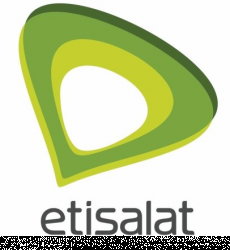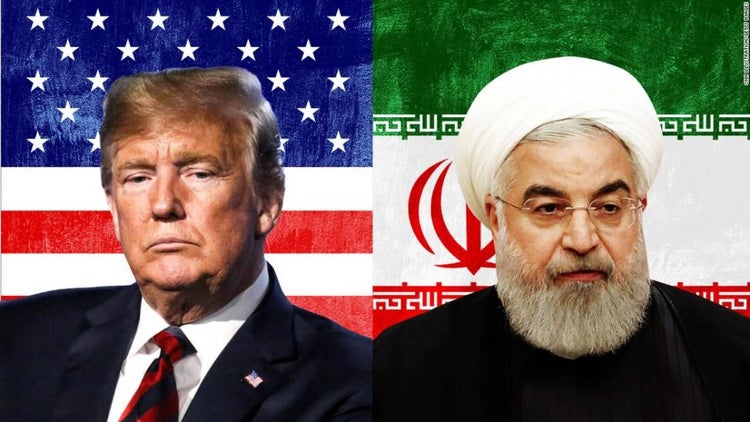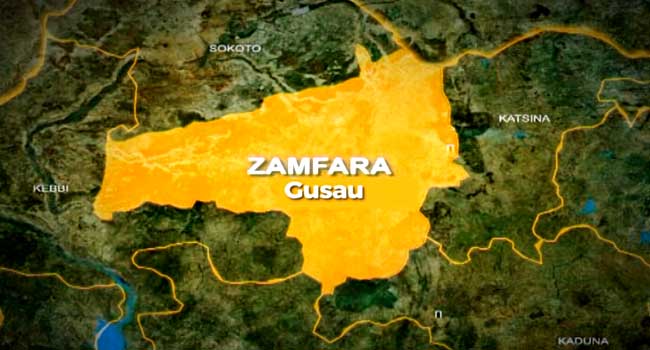Why we couldn’t repay our debt – Etisalat Management

*Says we are not under EFCC investigations
The management of Etisalat Nigeria has blamed its inability to offset its $1.2b loan to the economic downturn witnessed in the country in 2015 and the sharp devaluations of the Naira.
In a statement issued on Thursday, Etisalat Nigeria said the sharp devaluations of the Naira negatively impacted on the dollar-denominated loan by driving up the value of the loan.

”The economic downturn of 2015 and sharp devaluations of the naira negatively impacted on the dollar-denominated loan by driving up the loan value, thus prompting Etisalat to request a loan restructuring from the
consortium of banks,” the company stated.
Moreover, the company said it had paid almost half of the $1.2b loan before discussions with the banks regarding the repayment restructuring hit the rocks.
The company also disclosed that it was not being investigated by the Economic and Financial Crimes Commission (EFCC) as widely reported in the media.
It described the reports as patently false and most unfortunate.
The statement in details:
The attention of Etisalat Nigeria has been drawn to media reports that the management of Etisalat Nigeria is being investigated by the Economic and Financial Crimes Commission (EFCC), following a petition to “the Federal Government asking that Etisalat be investigated” on how the funds from the syndicated loans were utilized.
Etisalat wishes to categorically affirm for the avoidance of doubt that the reports are patently false and most unfortunate considering the damage such misleading information can have not only on our business, but indeed on the telecommunications industry and the country as a whole. A simple interrogation of the rigorous process for securing a syndicated loan from a consortium of reputable banks would have exposed the truth to the original writer of this story and other media channels who have subsequently re-circulated the falsehood without interrogation or verification.
Concerned parties have access to our books and do not require an investigation into how the loan sum was utilized. All of the infrastructure investment and services for which the loan was secured, were paid through our banks and these are verifiable.
It is indeed crucial for the media to correctly inform the general public by providing the needful macro-economic context around which the challenges we encountered with meeting up with the loan obligation occurred.
It would be recalled that the $1.2bn loan, a medium-term seven-year facility, was obtained by Etisalat Nigeria for the purpose of expanding its network and improving the quality of service on its network.
The economic downturn of 2015 and sharp devaluations of the naira negatively impacted on the dollar-denominated loan by driving up the loan value, thus prompting Etisalat to request a loan restructuring from the
consortium of banks.
Contrary to the widely reported misrepresentations about Etisalat Nigeria’s debt obligation to the consortium of 13 banks, it has become pertinent to set the records straight. Prior to this time, Etisalat had in fact consistently and conscientiously met up with its payment obligations.
As at today, we can categorically state that the outstanding loan sum to the consortium stands at $227m and N113bn, a total of about $574m if the naira portion is converted to US Dollars. This in essence means almost
half of the original loan of $1.2bn, has been repaid.
Etisalat continued to service the loan up until February 2017, when discussions with the banks regarding the repayment restructuring commenced.
We hereby appeal to our media partners to continue to uphold the ethics of the profession by exercising some restraint particularly in the publication of such misleading and damaging information. We have been
accessible and remain available to the media to clarify or verify information when required.









